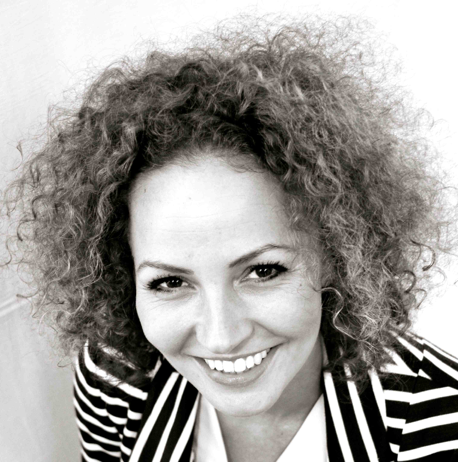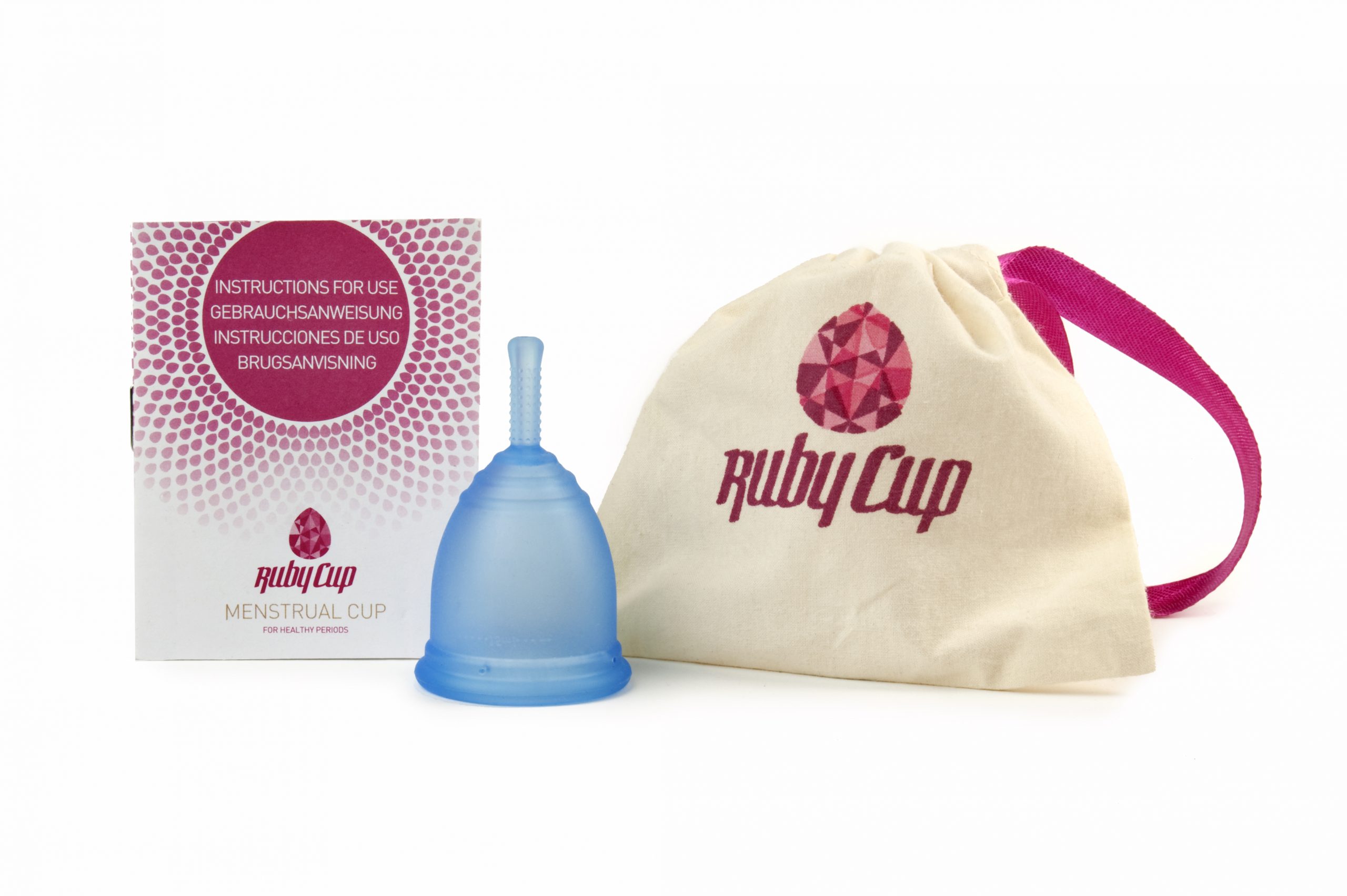Julie Weigaard Kjaer first learned about the benefits of menstrual cups as a student at the Copenhagen Business School in Denmark when her friend and Ruby Cup Cofounder Maxie Matthiessen introduced her to them.
“It was weird in the beginning as it is for most but after a couple of months, I was like ‘why have I not used this before?’” she recalled.
Weigaard Kjaer, Matthiessen and their friend Veronica D’Souza were at the time planning a business that could also change the world. Inspired by Matthiessen’s childhood memory of being solicited by organizations seeking donations to purchase sanitary products for women in refugee camps, the three women started to research a project that would help provide feminine hygiene products to developing countries. The trio began reaching out to non-governmental organizations that specialized in work with women and children to ask if they faced any challenges dealing with menstruation. “The reply was enormous,” Weigaard Kjaer said. “Because literally anywhere where women either don’t have money or access, it’s a huge issue.”
In an attempt to address this need in 2011, Weigaard Kjaer, Matthiessen and D’Souza founded Ruby Cup. Ruby Cup is a U.K.-based online store that sells menstrual cups worldwide. Each menstrual cup purchased online by a customer also donates a menstrual cup to developing countries where women do not have easy access to feminine hygiene products. The women set their sights on Kenya as the main beneficiary of their new product after seeing research by the African Population and Health Research Centre, which showed that menstrual cups introduced to women in Kenya in 2008 had a 97 percent acceptability rate. “It was an indicator for us that the cups had a chance there so to speak,” Weigaard Kjaer said.
In Kenya, where the average household income can be as little as one dollar, feminine products are often too costly for families to purchase. The lack of access to these items can cause young women to use alternatives including rags, socks, mattress foam and even newspaper during their cycle. Stigmatization of menstruation leads to unsafe practices including washing reusable hygiene items but not hanging them out to dry so that they are sterilized, which can form bacteria and cause illness. Girls who are on their period are also typically forced to stay home from school. In an effort to get money to purchase feminine products, young girls will also engage in sexual relationships with older men, which frequently leads to sexually transmitted diseases and pregnancy. Once a girl becomes pregnant, she is often thrown out of school and out of her home. In extreme cases, a young woman who becomes pregnant through a relationship with an older man must visit an abortionist, known in Kenya as a “Mama” to have her pregnancy terminated. These illegal and unsafe abortions can end in death for young women. “And all this just because–they don’t have any pads. So that’s really the dire situation,” Weigaard Kjaer said.

Ruby Cup is made of medical grade silicone, which is safe for the body and also softer and more comfortable. The product is also good for beginners with “grip dots” at the base for easy insertion and removal. Weigaard Kjaer also said the Ruby Cup can over time cut the cost of feminine products. Weigaard Kjaer recalls spending around five euros (about $5.29 USD) per month on disposable tampons. A Ruby Cup costs approximately 30 euros ($31.75 USD) and can last up to 10 years. Currently, the Ruby Cup can only be provided to countries with a source of water for hand washing and boiling the cups to disinfect them.
In addition to providing women in places like Kenya, Tanzania and Malawi with a healthy hygiene option, the Ruby Cup has also created a safe space for young women to ask questions and learn, not just about menstruation but also their bodies in general. “Ruby Cup is a really good product, but it doesn’t work without an education and training,” Weigaard Kjaer said. “Because you are forced to talk about the vagina and inserting things and you create a safe space and they start talking about virginity and all the questions that they don’t have anyone to talk to about–now they can make informed choices about themselves.”
Ruby Cup works with organizations including Womana, Golden Girls and Femme International to provide cups for women while providing training on how to use the product and allowing older product users living in the countries to become mentors and show younger women how to use the Ruby Cup at the onset of their menstrual cycle. The company also does follow up at three months, six months and one year after introducing the cups to ensure that the products are being fully adopted and understood by women in need.
In the five years since its inception, Ruby Cup has reached more than 16,000 girls and currently has an 80 percent adoption rate. The product is reported to have also saved more than 1,000 tons of tampon waste. Women who have used the cups have been able to return to school, play sports while avoiding the shame that can often accompany being on their period. “I feel very grateful to be able to see the effect it has on their lives,” Weigaard Kjaer said.
She said Ruby Cup, and its parent company Ruby Life ltd., are looking to expand into Asian countries including Nepal, where they have already established a partnership, Bangladesh and India. Ruby Cup is also pursuing wholesale business to business markets in the United States and Australia and the company has set a goal to send 50,000 cups to emergent nations by 2018.






Add Comment